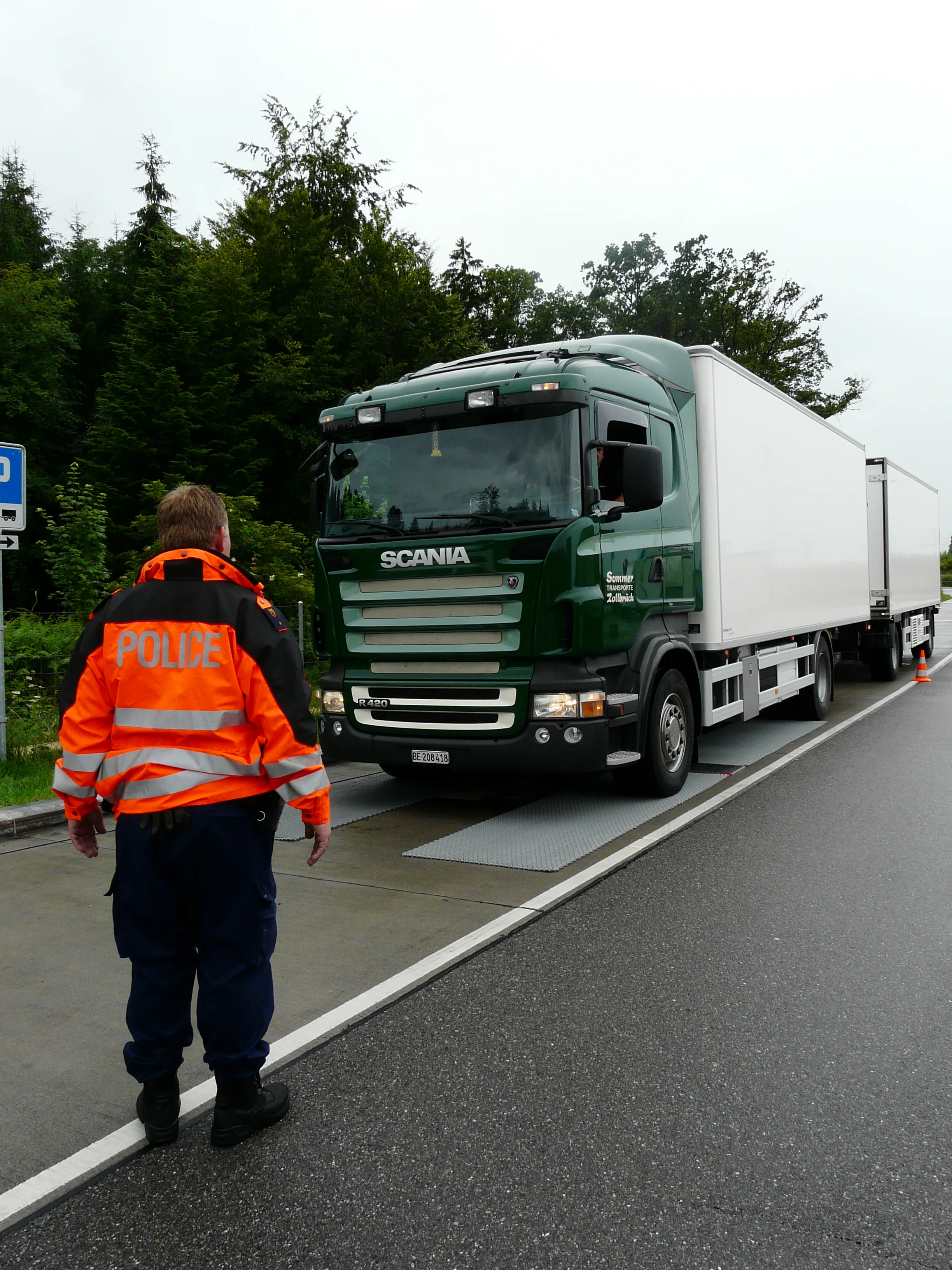ARussian has turned road rage into revenge by ramming other road users. The minibus driver grew so upset with the behaviour of other road users he decided to take matters into his own hands by deliberately failing to brake or swerve to avoid a collision. The impacts were comparatively minor and did not result in any injuries to any vehicle occupants. Police however were able to identify the driver as being the cause of the problem when video clips were posted on the Internet. The man had fitted a video came
February 22, 2012
Read time: 2 mins

A Russian has turned road rage into revenge by ramming other road users. The minibus driver grew so upset with the behaviour of other road users he decided to take matters into his own hands by deliberately failing to brake or swerve to avoid a collision. The impacts were comparatively minor and did not result in any injuries to any vehicle occupants. Police however were able to identify the driver as being the cause of the problem when video clips were posted on the Internet. The man had fitted a video camera to his vehicle to record the incidents, which he then posted on the Internet along with a voice commentary. At least six incidents have been identified as being deliberately caused by the Volgograd-based driver. It seems that the battered appearance of his minibus did not attract the earlier attention of the police. The man apparently did not realise that the police use the Internet.






